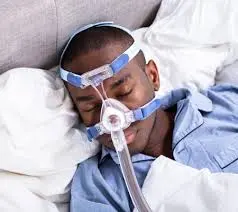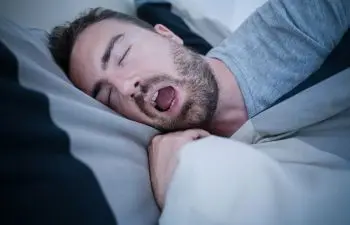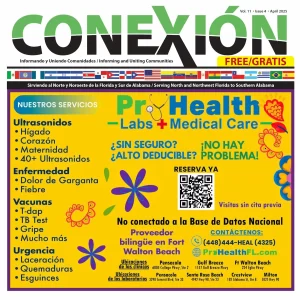DAVID SNORES! Sleep Apnea.
“David snores so loud I cannot sleep” complaint his wife. David came to the clinic because he is always fatigued and tired. He falls asleep while driving or at work, and wanted to be examined. David is 42, obese, and admits to smoking and drinking alcohol every night. His wife says that he snores and awakens choking or gasping for air every few minutes. David admits he has no energy and feels sleepy during the day. He often has morning headaches and feels he is more forgetful. David awakens with a dry sore throat almost every morning. He admits frequent heartburn. This has been going on for many months.
David’s physical shows he is obese with BMI over 40%. His neck size is 17 ¾ inches. He is spilling sugar in his urine and a quick finger stick shows elevated glucose. His blood pressure is also elevated.
David has all the classical findings for SLEEP APNEA.
What is Sleep APNEA? Sleep apnea is a serious sleep disorder that occurs when there is blockage of the airway during sleep. A person will snore and stops breathing for 10-30 seconds repeatedly during their sleep. During this time the body does not get sufficient oxygen. This causes the body to not rest well and causes fatigue and daytime sleepiness.
Apnea may have serious health effects, such as increasing risks of high blood pressure (hypertension), heart failure, and stroke. Apnea causes very high levels of a stress to be released hundreds of times each night. It also causes sudden drops in blood oxygen levels. Both these events strain the cardiovascular system.
Apnea may also be related to abnormal heartbeats (atrial fibrillation), myocardial ischemia, heart attacks (myocardial infarction), and pulmonary hypertension. Long-lasting sleep deprivation is related to weight gain. People who sleep less than 5 hours or more than 9 hours a night have greater risks of getting coronary artery disease (CAD) and cardiovascular disorders.
Sleep apnea is diagnosed with a sleep study.
Treatment involves
- Losing weight.
- Avoiding alcohol and sleeping pills.
- Changing sleep positions to improve breathing.
- Stopping smoking
- Avoiding sleeping on your back.
Other treatments include

Continuous positive airway pressure — also called CPAP — is a treatment in which a mask is worn over the nose and/or mouth while you sleep.
Dental devices can be made that help keep the airway open during sleep.
Surgery
- Nasal surgery: Correction of nasal problems such as a deviated septum.
- Uvulopalatopharyngoplasty (UPPP): A procedure that removes soft tissue on the back of the throat and palate, increasing the width of the airway at the opening of the throat.
- Mandibular maxillar advancement surgery: Surgery to correct certain facial problems or throat obstructions that contribute to sleep apnea.
For more information:
- American Heart Association Tel: (800) 242-8721 Website: https://www.americanheart.org
- American College of Cardiology Tel: (800) 253-4636 Website: https://www.acc.org



